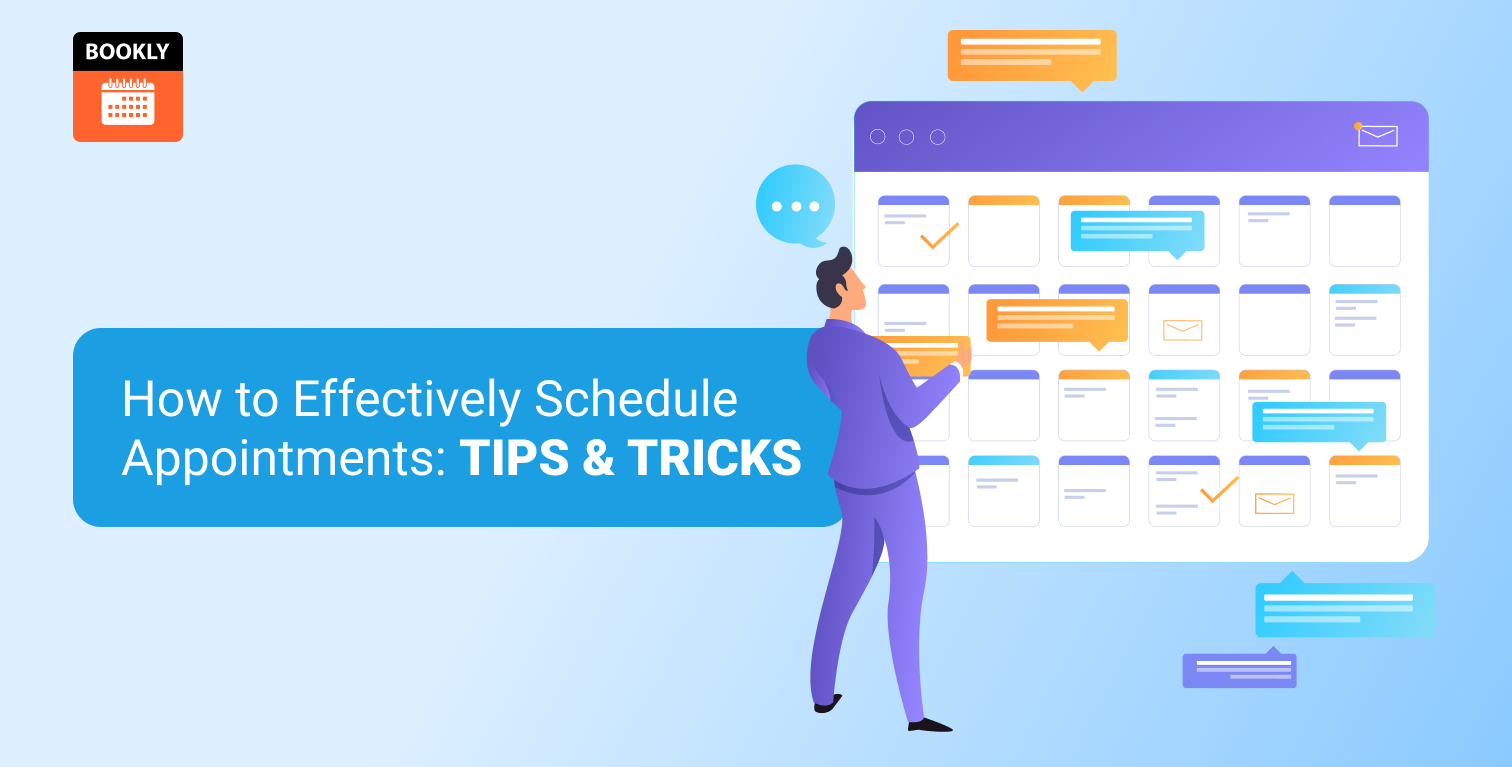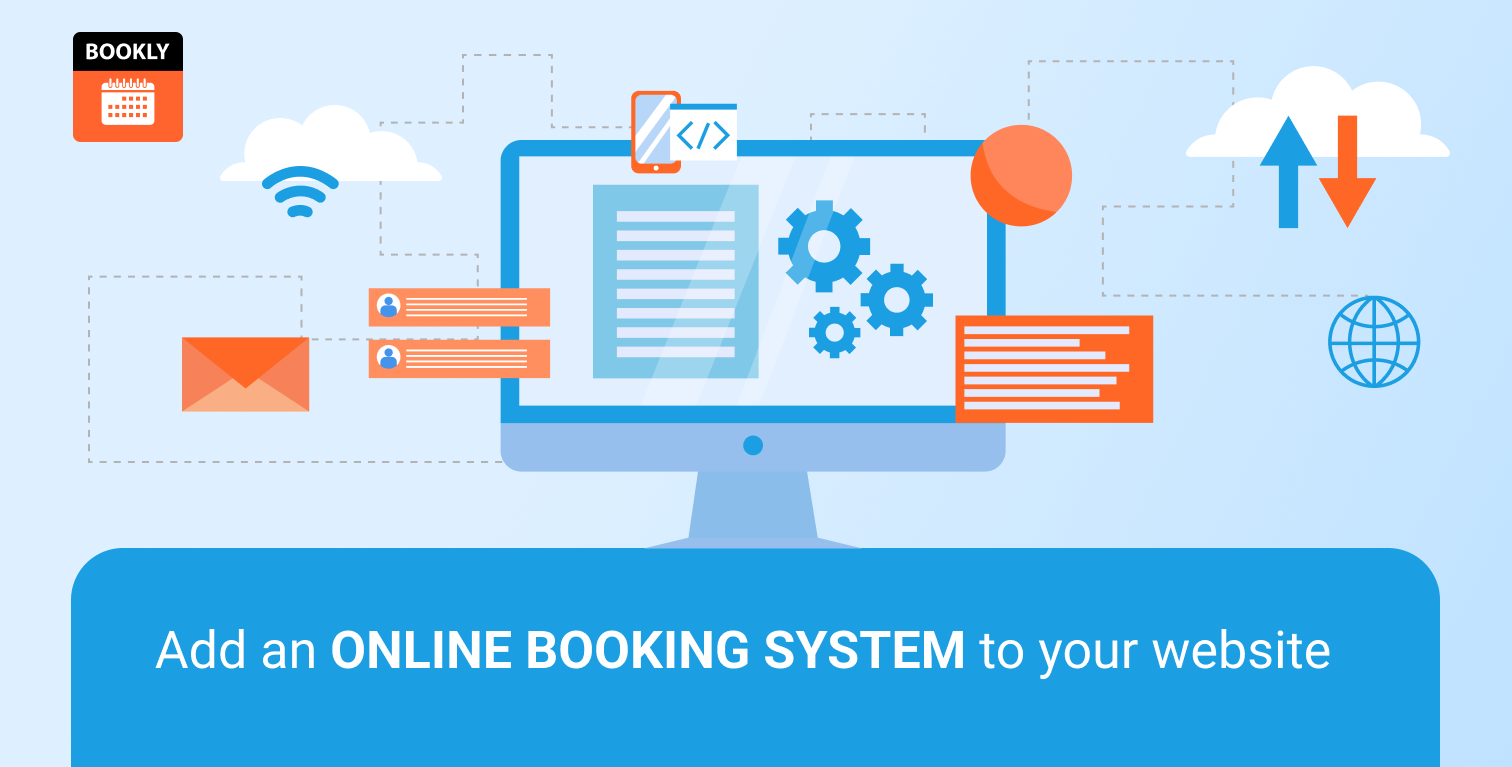
13 biggest mistakes business owners make when choosing a WordPress scheduling, calendar or appointment Plugin
The right online appointment solution can transform your business. It enables clients to book appointments whenever and wherever they like. At the same time, it massively reduces your administrative burden. But, not all WordPress scheduling plugins are equal. WordPress appointment plugins will vary significantly in terms of the functionality, design and ease of use. Choosing which plugin, therefore, to install on your website is not a decision to be taken lightly.
The right appointment plugin will make it easy for clients to book an appointment and for you to manage those bookings. The wrong booking plugin can lead to frustrated customers, lost bookings, and even serious security issues for your website. To help guide you make the right decision, here are the most common mistakes business owners make when choosing a booking plugin.
Mistake #1: Scheduling plugins that aren’t mobile friendly
40% of people only use their smartphone to search the internet. Think about the implications of the statistic for the moment. If you are using an appointment plugin which isn’t mobile friendly, then you could potentially be turning away two out of every five customers.
Customers want the flexibility of being able to make an appointment using their smartphone, so your business needs to be able to provide this. If you manage your business on the go (which most entrepreneurs these days do) or if you have employees or contractors that work remotely, then a mobile-friendly appointment and scheduling plugin is essential.
Trying to manage scheduling through a plugin which hasn’t been designed with mobile in mind can be an extremely frustrating experience. If you are choosing a scheduling plugin, make sure it works on any device.
Mistake #2: Opting for a free plugin over a premium one
There are many free plugins that are available. In fact, one of the primary benefits of using WordPress as your CMS is access to such a varied range of plugins. But choosing a free plugin over a premium one can be a false economy. This is particularly true of a feature like an appointment booking, which is directly connected to the sales on your website.
Choosing a free plugin that is less user-friendly or doesn’t have all of the features your customers require can lead to lost sales. Consider the benefits of a plugin which allows you to take deposits or payment during the booking process. Providing this option for your customer will almost certainly have a direct impact on your cash flow. Free plugin solutions are unlikely to provide this kind of functionality.
A good test is to ask yourself what the Average Lifetime Value (ALV) of your customers are. If you are providing any kind of service, the difference between one extra customer a month is likely to far exceed the cost of using a premium plugin. When you add in the ease of use that a premium plugin will provide for managing your booking it really is a no-brainer to go with a paid option.
If you are unsure about investing into a paid solution, many premium plugin developers will provide a free version of the plugin so you can test it out before choosing the full version. Installing a free version of the plugin is a good test of how easy that plugin will be to use. Keep in mind that the premium version of a plugin may have many more features than the free one (that’s why it’s premium!), but this kind of test will give you a good sense of the overall feel of the plugin.
Mistake #3: Appointment plugins which are difficult to set up
One of the most common reasons to choose a plugin solution is that in theory it should be easier to set up. Unfortunately, the reality with some appointment plugins does not always match up with the promise. When choosing an appointment plugin you want to select one which you don’t need to struggle with.
Before choosing an appointment plugin, look at any walk-through videos or demos provided by the developer. Make sure that you are comfortable with the setup process and how to use the key features. As mentioned above, many premium plugins will provide a free version as well. If you are uncertain about the ease of the setup process, try downloading and installing the free version. Experiment with the options available. Once you are comfortable that the appointment plugin is easy to use, you can upgrade to the premium version.
Mistake #4: Choosing an appointment form with poor design
The user experience of an appointment form can make a big difference in the number of online bookings that are completed. A form which is confusing and difficult to fill out will invariably result in fewer people completing it.
Of course, you are probably aren’t UX designer, so how can you assess the quality of the appointment form? If there is a free version of the plugin, add it to your website, and then ask friends, family or co-workers to complete a test booking. Observe as they are filling out the form if there are areas that they are struggling with.
An even better test of a booking forms design is how widely it has been used. You want a booking form that numerous people, from all walks of life, have tried out. In the case of Bookly, the form has been used and tested by hundreds of thousands of people.
Mistake #5: Selecting a booking plugin with no FAQs or tutorials
Make sure that you have the information available to make the most out of the features of the booking plugin. You want to choose a plugin which has tutorials, walk-throughs, and FAQ which clearly show you how to use it. Without these kinds of resources, it can be incredibly time-consuming to work out how to set up and manage your booking forms.
While there are exceptions, premium plugin developers are far more likely to provide comprehensive tutorials and FAQs, compared to free versions. The additional cost of a premium solution is quickly compensated by not having to fly blind when get started with your plugin.
Mistake #6: Appointment plugins without notifications
A good appointment plugin will do more than enable customers to make an appointment online. You want an appointment plugin that is going to provide your customers with all of the information that they need about that appointment and reminders to ensure that they turn up on time.
No shows are costly in both time and money. Sending a reminder notification is one of the best ways of reducing the number of clients that fail to turn up for their appointments. A good booking plugin will allow you to send these notifications and your clients prefer to receive them. That could be SMS or email. Notifications should also be able to be sent either automatically or manually so that your client handling process can be completely hands off.
Mistake #7: Not integrating with your existing applications
Every business has its own specific systems in place. Very few people want to change these overnight to accommodate a new booking plugin. Instead, it is a good idea to look for a booking plugin that can integrate with your existing applications.
A common example of this is using Google or Outlook calendar to manage your appointments. These are popular applications that work great for scheduling appointments. If you use a plugin like Bookly which integrates with these calendar applications, you won’t have to change your current setup.
Mistake #8: Choosing a plugin which doesn’t keep up with your needs
A particular appointment plugin may provide your business with what you need now, but what about in the future? As an example, when you first introduce your appointment plugin, you might be happy with not taking payments online. But, if your business shifts focus and moves more online, you may find that you want to start taking payments.
With many appointment or scheduling plugins, you are locked into whatever functionality existed when you purchased it. To ensure that you have this flexibility in the future, look for a plugin that offers add-ons. These add-ons will extend the capabilities by providing specific functionality. Add-ons are great because you are not burdening your WordPress with superfluous code or paying for solutions that you won’t ever use. Instead, you choose exactly the solutions you require and when you need them.
Mistake #9: Choosing an insecure appointment plugin
Choosing an insecure plugin can have serious implications for your business. Data protection requirements may be breached if customer data is lost due to flaws within your website setup. If your website crashes or is slowed as a result of vulnerabilities with the plugin, this will invariably lead to lost bookings and sales.
Unfortunately, many plugins are not particularly secure. In order to select a reliable booking plugin, look at when it was last updated. Ideally, you want to choose a plugin which has been updated in the last two months. The plugin should also be operating on the latest version of WordPress. Lastly, look at the overall reputation of the developer. Security is not something you want to take a chance with.
Mistake #10: Installing a booking plugin that is frequently updated and poorly supported
The frequency with which a plugin is updated provides a guide to how secure it will be. In addition, you want to choose a plugin which is well supported. One of the disadvantages of free plugins is that the developers typically lack the resources to provide adequate support.
Premium plugins, in contrast, can provide greater support, including answering any questions that their customers might have. As a business owner having access to support can be invaluable. Because booking forms play a central role in turning prospects into buying customers, any issues can cause serious problems for the business.
Mistake #11: Not selecting a plugin with integrated scheduling
Many booking plugins are focused solely on enabling customers to schedule an appointment online. While this is certainly an important function, it is only part of the picture. Equally important is scheduling the contractors or employers who will deliver that service. A good scheduling plugin will simplify managing your appointments.
Look for an appointment plugin which automatically updates the schedule of your employees or contractors. It should allow you to preselect times when you have staff available to provide the service. The customer will only be able to make a booking if it matches with an available slot for the employee or contractor. Those team members will then have their own calendar updated to reflect the new booking.
Having this type of functionality in place streamlines your business operations. It eliminates the potential for booking conflicts and means that you don’t need to run two systems side by side. It also reduces the time required in order to manage your team’s scheduling. The overall effect is a more efficient and less expensive scheduling setup.
Mistake #12: Choosing a plugin with inadequate core features
One of the most common problems with WordPress websites is “plugin bloat”. The phrase “there is a plugin for that” can take too far. This problem is typically caused by webmasters adding too many unnecessary plugins to their website. The knock on effect is reduced website performance.
The way to address this problem is by selecting plugins that are comprehensive enough to address your requirements. As an example, if you are taking bookings you probably also need a way of managing your team’s schedule. Rather than introducing a new plugin to provide this functionality, you can choose a booking plugin which enables you to do both.
Mistake #13: installing a plugin with low adoption
The number of times a plugin has been downloaded is a good yardstick to measure its reliability. If a plugin has been downloaded and installed tens or hundreds of thousands of times, then any issues will usually have been identified.
While the number of downloads doesn’t give the complete picture about a plugin, it does provide a useful guide. If you are unsure about the plugin you are thinking of installing, take a look in the WordPress plugin directory to see how many other people have chosen to download that plugin.
Conclusion
An appointment booking form is a key step in most sales funnels for services. It is therefore not something that you want to take lightly. Choose a booking plugin which is going to provide an outstanding experience for your customer and will simplify the process of managing those appointments.










